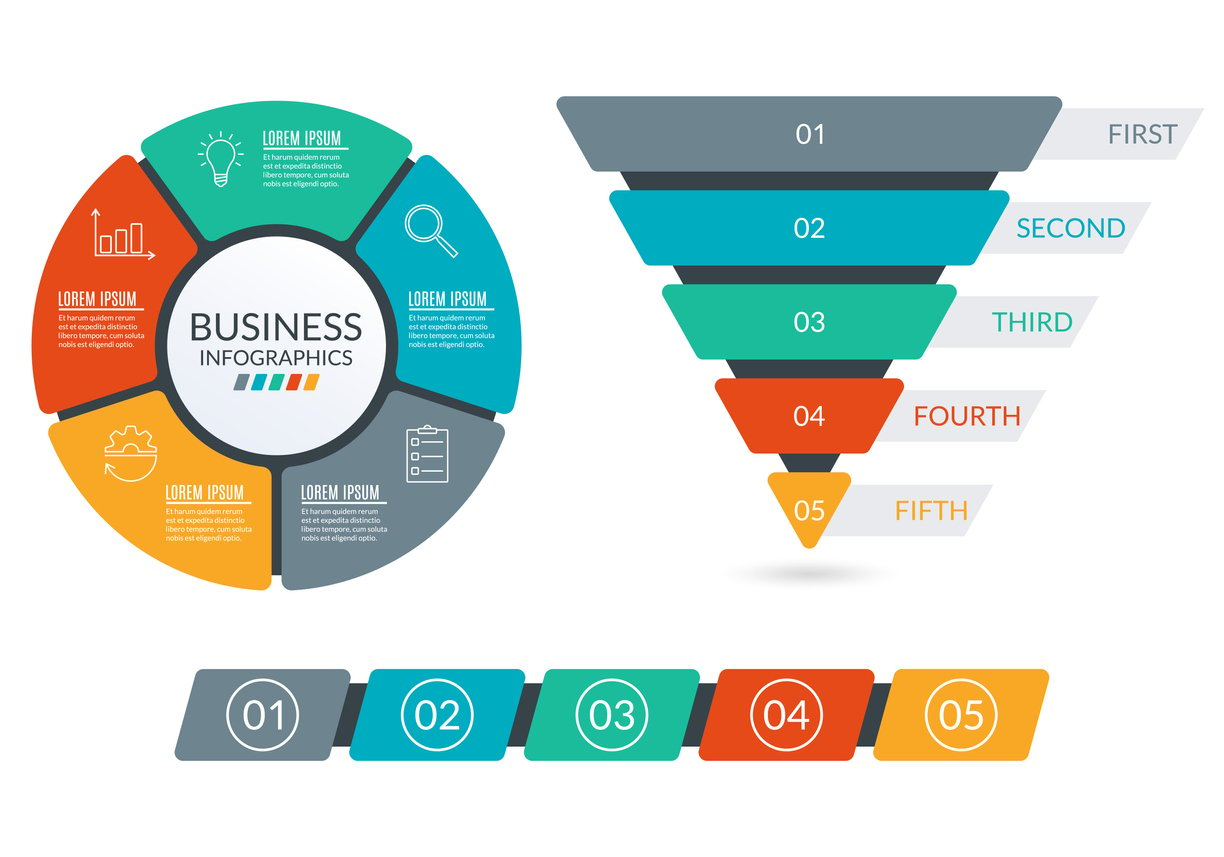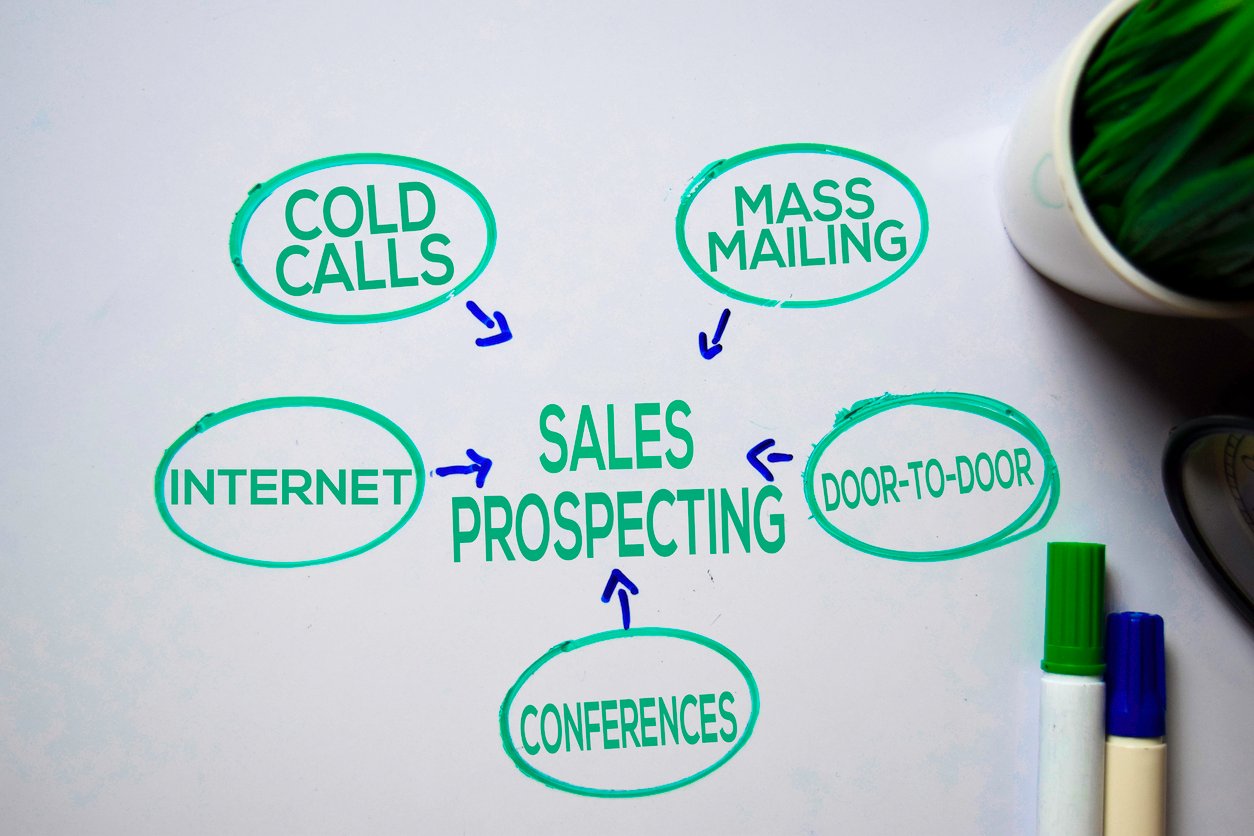
Ultimate Guide to Sales Mobile Apps [Features & Benefits]
 Updated on
Updated on
By Ringy
Table of Contents
Table of Contents
Mobile apps have revolutionized how businesses interact with customers. Sales mobile apps, in particular, are game-changers for sales teams looking to optimize their productivity and reach their targets. With more people using mobile devices to shop, work, and communicate, the importance of mobile apps for sales cannot be overstated.
According to research, an astonishing 65% of companies using a mobile CRM are surpassing their sales goals - compared to only a 22% success rate for those reps not utilizing such technology.
That's more than three times higher! It goes without saying that integrating mobile sales app into your workflow is the surefire way to reach and exceed your expectations.
That aside, we'll explore the key features, benefits, and best practices of mobile app for sales to help you make the most of this powerful sales tool.
Let's get started.
Key Features of Mobile App for Sales

While a mobile app for sales is designed to make work more accessible, it also has key features you need to familiarize yourself with. Understanding how to utilize these features properly is vital for their everyday use.
This section will review some key features of these apps and why they are essential.
1. Contact Management
Contact management is a crucial feature of sales mobile apps because it helps sales representatives manage their contacts effectively and efficiently. But what can contact management as a feature help you grow your sales?
Here's how:
|
Contact Management Tasks |
Description |
|
Streamlining communication |
Sales reps often communicate with multiple contacts simultaneously. With contact management features, they can easily organize their contacts and send personalized messages to specific groups of people, making communication more efficient and effective. |
|
Keeping track of interactions |
Sales reps can use contact management to keep track of all their interactions with prospects and customers, including calls, emails, and meetings. This allows them to follow up with the right people at the right time and avoid duplicating efforts. |
|
Identifying opportunities |
With contact management, sales reps can identify new opportunities and leads by tracking the status of each contact. This helps them prioritize their outreach efforts and focus on the most promising prospects. |
|
Building relationships |
By keeping track of customer preferences and interests, sales reps can build stronger relationships with their contacts. Hence, this can improve customer loyalty and repeat business. |
2. Lead Management
Aside from filtering contacts by geographic or demographic factors, the lead management feature can help you identify contacts depending on the proximity to your location.
Therefore, it puts you in a better position to know which leads are most likely to convert and target them precisely. Moreover, the lead management feature also helps you pinpoint where prospects enter your sales funnel. This helps improve the overall lead management for your sales team and conversion rate in the long run.
3. Sales Pipelines
Sales mobile apps are known for their convenience – one of them being easy access to sales pipelines. With these apps, you can effortlessly manage contacts from your car and check client history or other vital details wherever you are.
The sales pipeline feature provides you with real-time insights to enable you to close more deals. But how will you do this? Let's show you how:
- Following up on clients
- Focusing your efforts on the best leads
- Monitoring pipeline metrics
- Reviewing the pipeline processes
- Regularly updating your pipeline
4. Sales Forecasting
Sales forecasting helps businesses make better decisions based on future revenue. It mainly helps them forecast potential profits or losses in a specific period. This shows how vital a sales forecasting feature is in a mobile sales app.
With the sales forecasting feature, you get mobile app sales statistics for practical insight into future sales. It also helps you properly organize staff levels and create better HR plans. Hence, you'll plan each staffing level appropriately to meet demand.
5. Mobile Accessibility
According to research by Pew Research Center, approximately 85% of Americans now own a smartphone. This shows how crucial mobile accessibility is, especially for businesses. Accessing your company's sales operations is a privilege that sales mobile apps offer.
Imagine your sales team accessing sales information, metrics, customer data, and trends without carrying a laptop or paperwork. This level of convenience is offered by sales mobile apps that offer an easy way to connect with the office while in the field.
Sales apps can also provide sales representatives with real-time sales data, allowing them to make sales decisions quickly and accurately. By combining sales trends with customer feedback, sales reps can gain insight into the most successful strategies and adjust their sales tactics accordingly.
6. Integration with Other Tools
Mobile app integration connects different apps and devices to achieve seamless information exchange. There are multiple benefits of mobile app integration with other tools like your CRM system.
The outcome can be optimized workflows, increased flexibility, and improved efficiency. Therefore, a good mobile app for the sales team should integrate seamlessly with other tools to make work easier.
Benefits of Using Sales Mobile Apps

There is a wide range of benefits associated with a mobile app for sales team, which include:
1. Increased Productivity
As explained, sales mobile apps can provide real-time access to customer data, enabling salespeople to quickly access information on past purchases, preferences, and behaviors. This can help them to tailor their sales approach and improve customer engagement.
Additionally, sales apps can automate many routine tasks, freeing time for salespeople to focus on more high-value activities such as prospecting and relationship-building.
On average, providing sales reps with mobile access to CRM applications can boost productivity by up to 15%. This is an easy way for businesses to take advantage of the potential of their team and increase success.
2. Better Collaboration
Sales apps can facilitate communication and collaboration between team members, helping streamline workflows and improve team efficiency. With sales apps, sales reps can easily share documents and data with their sales team or colleagues in other departments. This makes it easier for teams to work together on sales projects, coordinate sales activities and track progress over time.
Additionally, sales mobile apps provide a platform for sales managers to monitor individual reps' performance and the overall success of sales initiatives. This helps sales managers set better sales goals and ensure sales reps meet their targets.
3. Improved Customer Relationship Management
Sales mobile apps provide sales reps with the tools to manage customer relationships better. With sales apps, sales reps can easily access customer data and records, enabling them to track sales activities more effectively. This helps sales reps prioritize tasks and follow up on leads and opportunities more efficiently.
Additionally, sales apps make it easier for sales reps to stay up-to-date on customer needs and interests. This allows sales reps to provide personalized service and better tailor sales pitches to the needs of their customers.
4. Better Sales Forecasting
Sales forecasting is essential for sales teams as it helps sales reps plan and track sales activities. Sales apps can help sales reps better analyze data and trends, providing insight into future sales opportunities.
Utilizing this data, sales teams can make smarter decisions when devising their strategy and setting realistic goals. The results can be improved sales forecasting, allowing sales reps better to align their sales activities with expected customer demand.
As a bonus, sales teams can also tweak their sales strategies and tactics based on the sales data gathered by the app.
5. Real-Time Access to Data
With the help of these apps, sales reps can access customer data, sales performance metrics, and other important information from anywhere, at any time. This level of flexibility and accessibility can help sales teams be more productive and effective, as they can work from anywhere and stay connected to critical business data.
Sales mobile apps can also help sales reps respond more quickly to customer inquiries and concerns. With real-time access to customer data, reps can provide more personalized and relevant support, making it easier to resolve issues and build stronger customer relationships.
What is a Mobile App Sales Strategy?
A sales strategy is a plan of action that sales teams use to reach sales targets. It involves setting objectives, analyzing customer needs and trends, identifying sales opportunities, and implementing tactics for achieving sales goals.
A mobile app sales strategy applies this same approach to the mobile platform, leveraging features such as user feedback, analytics, and marketing automation to improve sales performance.
Sales teams can use mobile sales apps to do the following:
|
Sales Tasks |
Description |
|
Create and execute sales plans |
|
|
Track sales progress and customer feedback |
|
|
Analyze sales data |
|
|
Identify trends and opportunities |
|
|
Ensure sales goals are achieved |
|
Mobile App for Sales Team Best Practices

Mobile app for sales team best practices refers to the strategies and guidelines organizations can use to ensure their sales team effectively uses mobile applications to enhance productivity, efficiency, and sales outcomes.
Here are five best practices to consider.
1. Choose the Right App for Your Business
Choosing the right mobile app for your sales team is crucial as it can significantly affect your sales productivity and efficiency. There are several factors to consider when choosing the right app, such as its features, user interface, ease of use, pricing, and compatibility with your existing systems.
Conduct thorough research and seek recommendations before selecting a mobile app that aligns with your business needs.
2. Train Employees on the App's Usage
Once you have selected the right app, it is essential to provide your sales team with adequate training on using the app. The training should include navigating the app, understanding its features, and using it to maximize sales opportunities.
By taking this training, your sales team can benefit in multiple ways - from feeling more self-assured to be better equipped at utilizing the app. Investing in this program will lead to greater adoption and successful usage of the app!
3. Integrate the App with Other Tools
The mobile app for sales you choose should easily integrate with other tools, such as CRM software, email, and social media platforms. This integration can help streamline the sales process, eliminate manual data entry, and improve communication between the sales team and other departments.
4. Use Data to Improve Sales Strategies
Using sales data, sales teams can make more informed decisions regarding sales strategies, pricing, and product marketing. Sales mobile apps also allow sales reps to track sales progress against goals better and plan accordingly for the future.
By leveraging data from sales app analytics, sales teams can identify opportunities to improve their sales strategy and adjust sales activities accordingly.
Therefore, go for a sales app capable of providing sales teams with data-driven insights into customer needs, sales trends, and sales performance. These insights can help sales reps develop more effective sales strategies and tactics, leading to improved sales performance in the long run.
5. Continuously Evaluate and Improve Processes
Mobile sales apps give sales teams the ability to continuously monitor sales progress, identify areas for improvement, and make adjustments in real-time. This visibility allows sales reps to recognize potential issues or opportunities and take corrective action quickly.
Sales mobile apps also provide sales teams with valuable insights into customer behavior and preferences. Using this data, sales reps can develop sales strategies that better align with customer needs and expectations, resulting in increased sales.
Moreover, sales teams can use sales data to identify sales processes that are inefficient or ineffective and focus their efforts on the areas that need improvement. By systematically evaluating sales processes, sales reps can ensure they are consistently delivering the best possible results.
Conclusion
By utilizing sales app analytics, sales teams can capitalize on the immense potential of their strategies and tactics, identify weaknesses in their current plan to adjust accordingly, and ultimately accelerate success.
With Ringy CRM mobile app, your sales teams can maximize sales performance by leveraging features such as sales process automation, sales analytics, customer feedback, and marketing automation.
Try Ringy CRM mobile sales app today to optimize your sales strategy and experience the power of data-driven sales!

Skyrocket your sales with the CRM that does it all.
Calling? Check. SMS? Check. Automation and AI? Check. Effortlessly keep in touch with your customers and boost your revenue without limits.

Take your sales to new heights with Ringy.
Sales in a slump? Ringy gives you the tools and flexibility you need to capture leads, engage with them, and turn them into customers.
Subscribe to Our Blog
Enter your email to get the latest updates sent straight to your inbox!
Categories
Related Articles



























































































